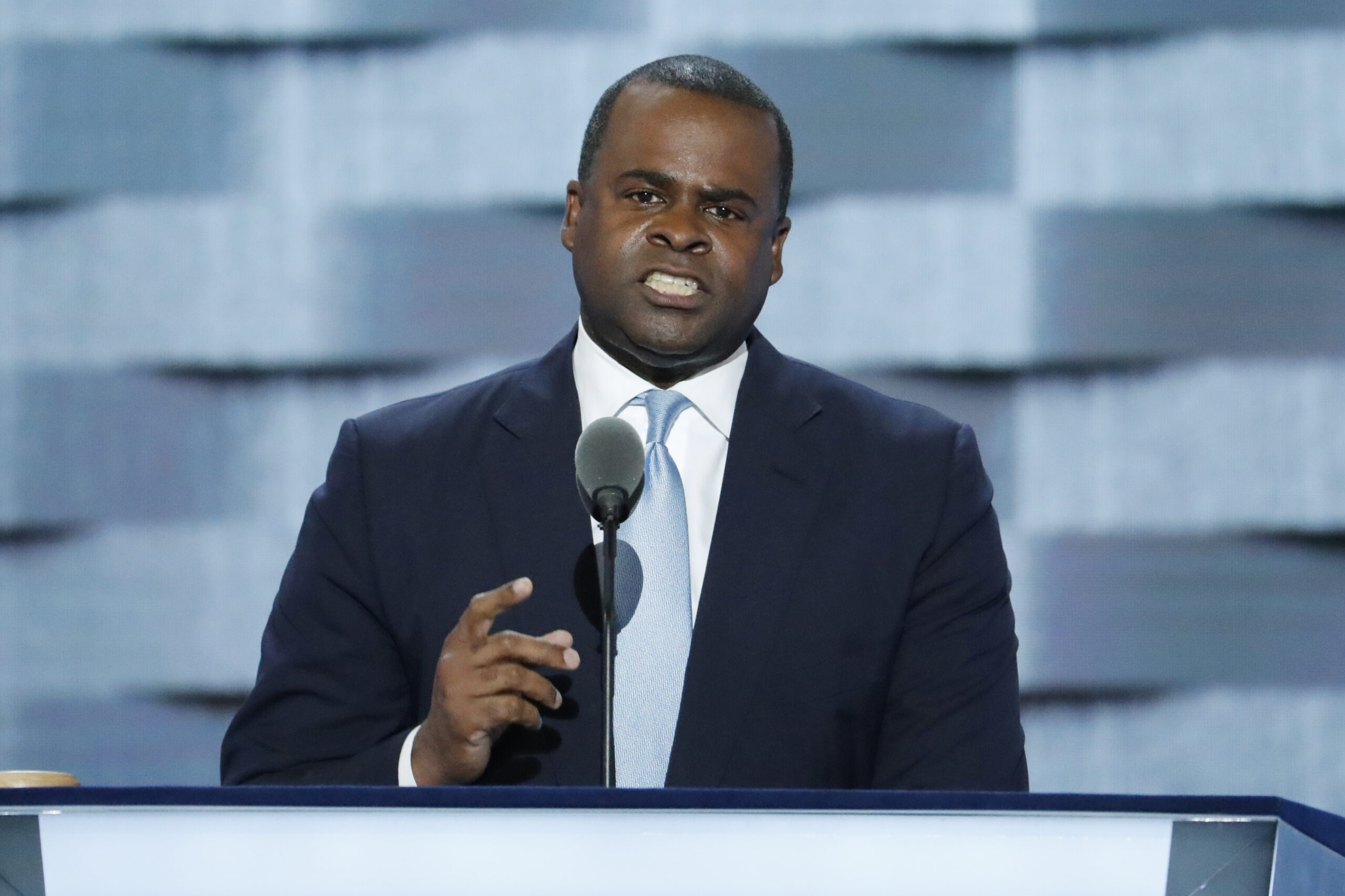Atlanta Commits To Paris Agreement, Even As U.S. Pulls Out

Mayor Kasim Reed has joined with 60 other U.S. mayors in saying they’re sticking to the Paris climate pact.
J. SCOTT APPLEWHITE / Associated Press
While the United States is pulling out of the Paris climate accord, dozens of cities, including Atlanta, say they’re committed to it.
Atlanta Mayor Kasim Reed was in Paris in 2015 for the climate conference that resulted in the global agreement. Now, he’s signed on to a letter with 60 other U.S. mayors, saying they’re sticking with the plan.
“Along with my colleagues from around the country and the world, I remain committed to meeting the goals of the Paris Climate Agreement,” Reed said in a statement released the day before President Donald Trump’s announcement. “The City of Atlanta will intensify our efforts to reduce CO2 emissions, work to cool the planet by two degrees, ramp up clean energy solutions and seek every opportunity to assert our leadership on this urgent issue.”
Atlanta plans for city-owned buildings to use only renewable energy by 2025, and everyone in the city by 2035. It’s also working on improving energy and water efficiency.
“There’s some 35 million Americans represented by mayors who are moving forward with the Paris climate accord, regardless of what’s happening with the Trump administration,” said Stephanie Stuckey, chief resilience officer for Atlanta.
She said she’s been in touch with other Georgia cities, like Decatur and Macon, on ramping up their solar programs, too.
The biggest contributors to greenhouse gas emissions are the energy sector, especially coal-fired power plants, and transportation, like from car’s tailpipes, according to the U.S. EPA.
One of President Barack Obama’s key climate programs would have reduced emissions from coal-fired power plants. The Trump administration is working on rolling back that effort, known as the Clean Power Plan.
“The [Paris] announcement just caps a series of moves that have already been made by this administration,” said Kurt Ebersbach, senior attorney with the Southern Environmental Law Center. “We’re going to depend a lot on cities in particular, which is where most of the people and most of the emissions are.”
Last year was Georgia’s warmest year on record.








